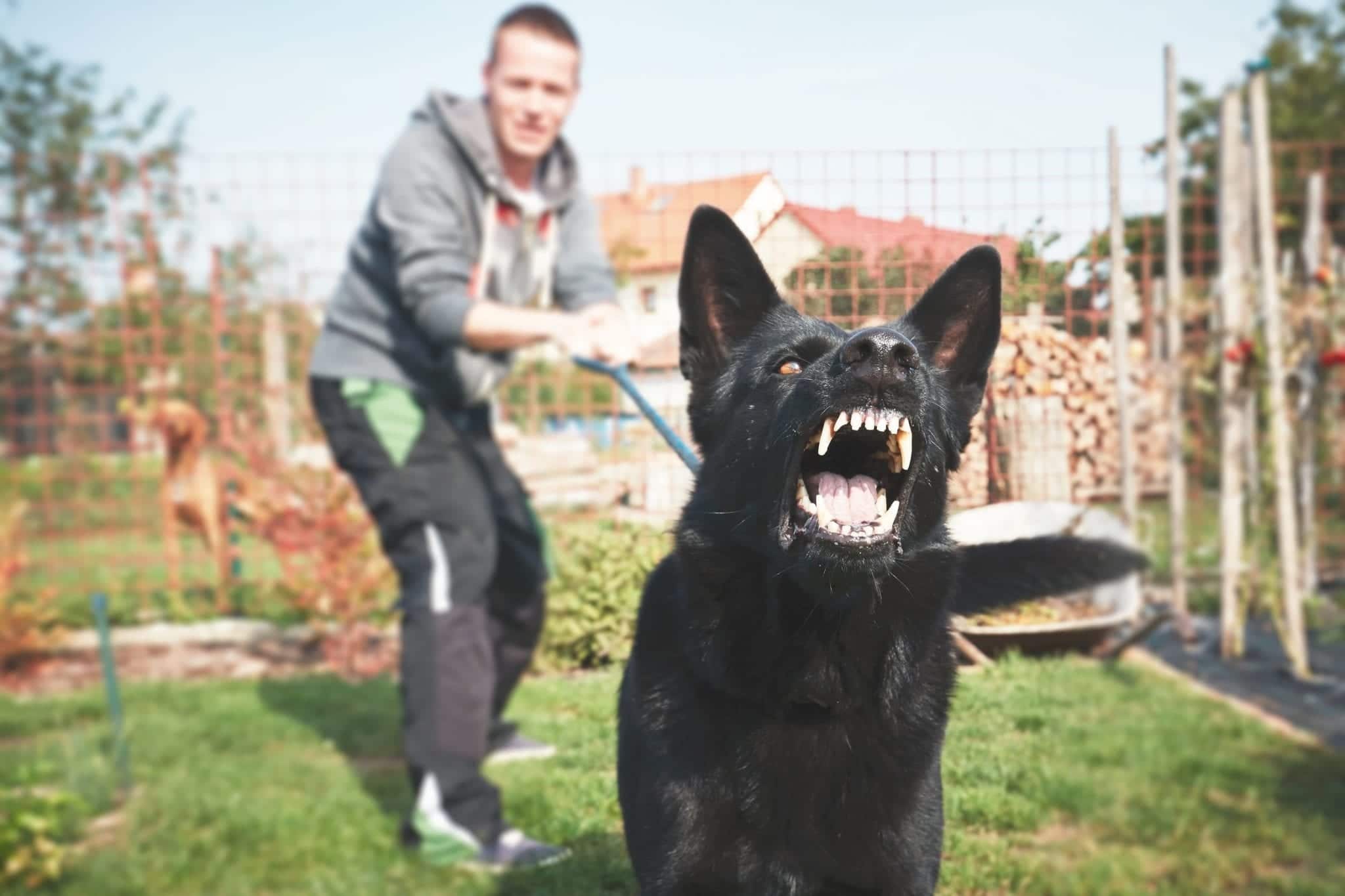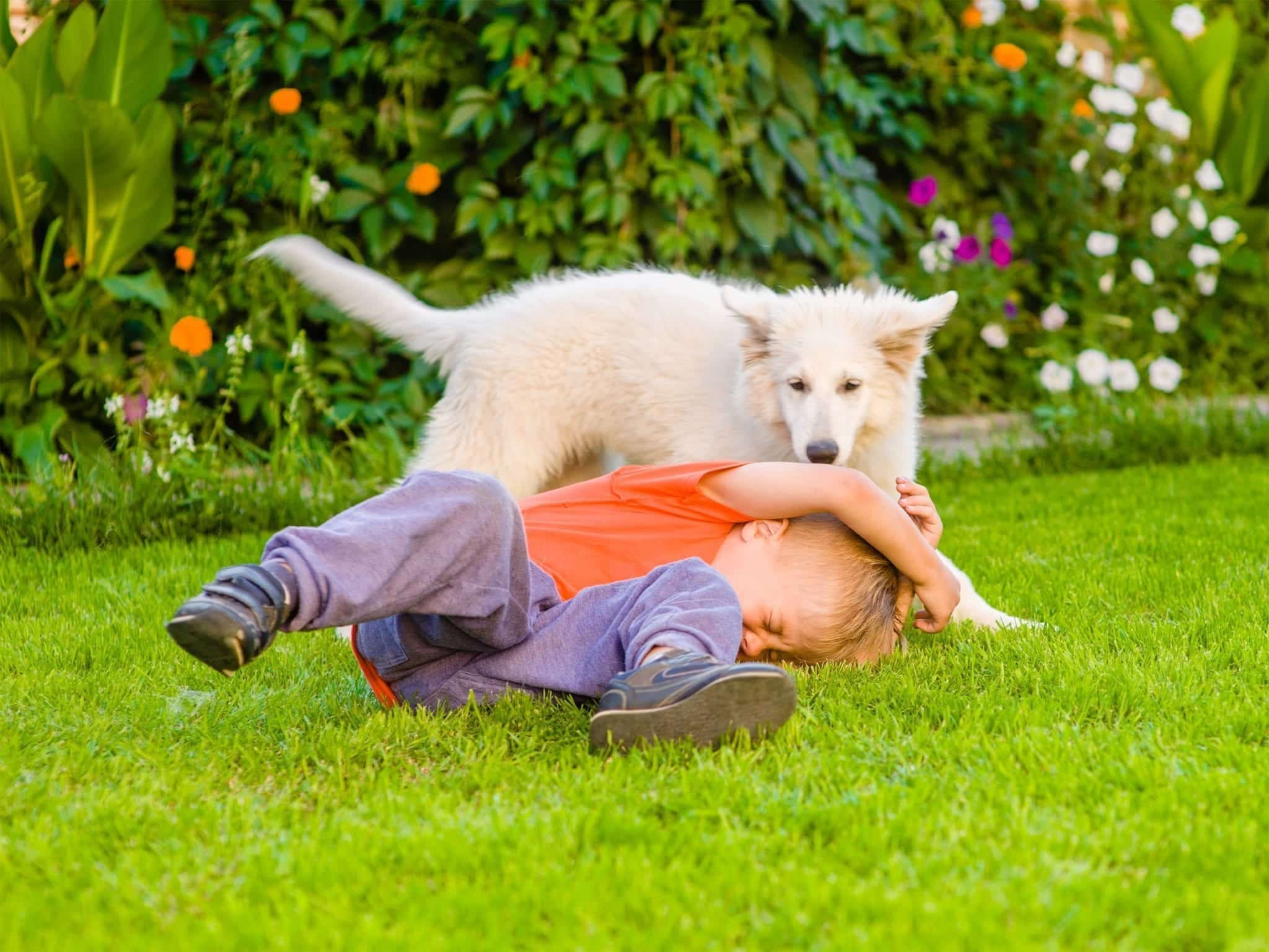It has been almost a year since a toddler was killed at Disney World by an alligator. The tragic story put a spotlight on potential dangers at the happiest place on earth, and what options parents have after a similar accident.
The parents involved in that incident decided not to sue the theme park for their child’s death, and many experts questioned whether a lawsuit would have been a failure for the parents anyway. Why?
Florida has specific laws that address wild animals, domestic animals, and the liability of property and pet owners. In the event that you or your child is bitten, it is vital that you know these laws and how they apply to your specific situation before attempting to file a lawsuit.
Florida’s Laws on Animal Attacks and Bites
Wild Animals. For people who live outside of Florida, reading the story of the little boy and the alligator may have been especially horrifying. What was a wild, dangerous creature doing right in the middle of civilization?
Most Floridians, however, have probably seen a few alligators in their lives. They’re part of the landscape here, and we’ve learned to live with them for the most part. However, knowing that they exist doesn’t change the fact that they, or any wild animal that lives in Florida, can do some serious damage – and people and organizations can’t be held responsible for their actions.
Yes, you read that right. Unless the wild animal in question is being kept in a zoo, property owners cannot be found liable if it makes its way onto their property and harms a guest.
That being said, property owners do have a duty to exercise reasonable care and keep their property safe for guests. If a property owner knows about the existence of a wild animal, they have a responsibility to warn guests about the animal’s presence and the dangers of interacting with the animal.
Signs put up by campgrounds, parks, or resorts can relieve property owners of liability if an attack happens. If, however, this warning isn’t available to guests but the property owners are aware of the risks, a victim may be able to file a lawsuit for damages related to the attack.
Pets or Animals with an Owner. The laws are slightly different if the attacking animal is a pet, or is domesticated by the property owner. If, for example, the animal is kept in a zoo, the handlers and owners of the zoo may be considered responsible for its actions. Likewise, in most cases Florida law places liability for dog bites attacks by other pets squarely on the owner of the animal:
“The owner of any dog that bites any person while such person is on or in a public place, or lawfully on or in a private place, including the property of the owner of the dog, is liable for damages suffered by persons bitten, regardless of the former viciousness of the dog or the owners’ knowledge of such viciousness.”
This liability extends to cases in which the dog injures another person’s livestock. In fact, if a dog is caught injuring livestock, the owner of the livestock may lawfully be able to injure or kill the dog and have a valid defense for doing so.
Much like other personal injury cases in Florida, the rules of pure comparative negligence apply:
“Any negligence on the part of the person bitten that is a proximate cause of the biting incident reduces the liability of the owner of the dog by the percentage that the bitten person’s negligence contributed to the biting incident.”
Negligence may include rough behavior with the dog or ignoring warnings from owners about past violent behavior. If a sign that includes the words “Bad Dog” is visible on private property, the owner of the dog will not be held liable for damages if their dog attacks a guest on the property.
Special exceptions are made for young children. If your child is under the age of 6, Florida will not hold the child responsible for knowing the sign warns of a bad dog. If a dog bites a child under the age of 6, the liability will be placed back onto the owner.
Things may also get tricky if the animal leaves the owner’s property. For example, if a dog jumps over a fence and bites a child, a judge may have to consider whether the property owner did enough to restrain the dog or reasonably prevent an accident. An animal’s violent past may have a big impact on whether or not the owner is found liable.
If Your Child Is Attacked By a Dog or Wild Animal
A dog or animal bite can cause more than just a minor scrape for your child. The wound may become infected, the child could contract a disease, or they might have to endure pain and suffering. Bottom line? If the animal attack results in financial damages, you may be able to receive compensation.
Talk to a Florida personal injury lawyer for more information about your options and your ability to receive compensation.
About the Author:
Andrew Winston is a partner at the personal injury law firm of Winston Law. For over 20 years, he has successfully represented countless people in all kinds of personal injury cases, with a particular focus on child injury, legal malpractice, and premises liability. He has been recognized for excellence in the representation of injured clients by admission to the Million Dollar Advocates Forum, is AV Preeminent Rated by the Martindale-Hubbell Law Directory, enjoys a 10.0 rating by AVVO as a Top Personal Injury Attorney, has been selected as a Florida “SuperLawyer” from 2011-2017 – an honor reserved for the top 5% of lawyers in the state – and was voted to Florida Trend’s “Legal Elite” and as one of the Top 100 Lawyers in Florida and one of the Top 100 Lawyers in the Miami area for 2015, 2016, and 2017.
 How to Win a Slip and Fall Case in Florida
How to Win a Slip and Fall Case in Florida 


















